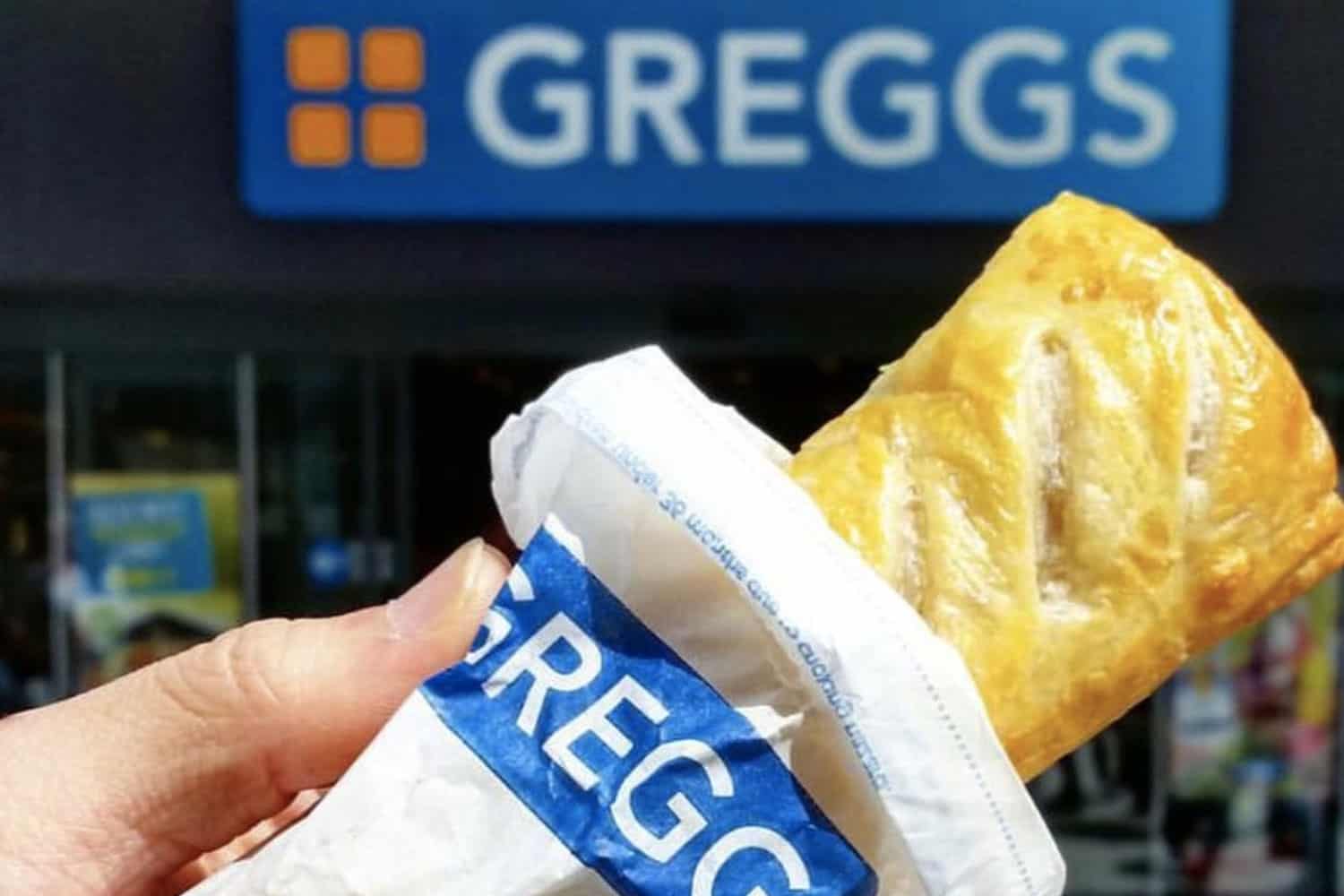
What can businesses learn from the vegan sausage roll?
by Ed Reid
What was the big story from the high street over Christmas? Marks and Spencer’s and Debenhams reporting disappointing trading and surely signposting more store closures this year? HMV going into administration – and now rumoured to be the latest chain to be acquired by Mike Ashley?
Or was it a vegan sausage roll?
Many of you will be familiar with Gregg’s, founded 80 years ago by John Gregg, headquartered in the North East and now the largest bakery chain in the UK. And, of course, home of the ‘bacon sandwich and a coffee for two quid’ special offer which, disappointingly, has now gone up to £2.10. (A friend told me, honestly…)
Gregg’s was famous for pies, pasties, sandwiches and everything you firmly resolved on December 31st would never touch your lips again.
What it wasn’t famous for was healthy eating but, following hot on the heels of the company opening a branch in Westminster, came news of the vegan sausage roll.
Let me confess here and now that I haven’t yet tried the new delicacy (“they’re flying out” according to my local shop) but what I have seen – and greatly admired – is the marketing and social media campaign that surrounded the launch. It’s small wonder that as M&S and Debenhams were reporting Christmas trading figures with long faces, Gregg’s were cheerfully announcing a 5.5% sales rise over the Christmas period.
Gregg’s launch of the vegan sausage roll has been called ‘a masterclass in public relations’ by industry magazine PR Week. It centred on whether a vegan product could be called a sausage roll, with the YouTube ad beautifully parodying an iPhone ad.
But it was Piers Morgan who supplied the rocket fuel for the campaign, rather predictably over-reacting and calling the company “PC-ravaged clowns.” Other celebrities reacted, there were apparent demonstrations against the rolls by Brexit supporters and an article in the Guardian suggesting that a vegan sausage represented ‘a chance for a divided nation to heal itself.’
Conspiracy theorists suggested that Gregg’s had orchestrated everything: the company smiled and said nothing. But there cannot be many people who haven’t now heard of the vegan sausage roll – or who don’t know where to buy it.
Interestingly it is not so long ago that Greggs were issuing a profit warning, after the ‘Beast from the East’ meant that many of its shops were unable to open. Another company having trouble around that time was KFC, after a change of logistic company meant that many of its shops serving fried chicken ran out of, er… chicken.
But in another example of a company bouncing back from adversity, KFC produced one of the best ad campaigns of the year by way of an apology. The company recognised that its apology needed to be sincere – but not serious. It duly rearranged the letters K-F-C (which I won’t do here, but which you can see in the link) in a campaign which won a series of awards and saw KFC nominated for ‘Brand of the Year’ at the Marketing Week awards.
So what lessons can we draw for our own businesses from these two examples?
1) Laugh at yourself
First things first – a sense of humour is becoming increasingly important in your marketing messages. We are all dealing with a different demographic to that of even five years ago and – as the current political situation seems to be more depressing every day – people are increasingly responsive to something that will make them laugh.
2) Challenge the system
It is alright to challenge the established order. It seems to me that both the Gregg’s and the KFC campaigns tapped into an increasing feeling that the we don’t want to be told what to do. We no longer want to be told what is good for us or how we should react. As I’m writing this post the great and the good of the world are meeting in Davos, supposedly “to improve the state of the world.” Am I the only one who thinks it is all starting to look a little irrelevant to someone running an SME?
3) Don't sit on the fence
Lastly, it is increasingly acceptable to take a view in your marketing. Nike created a stir in the US last year with its ad featuring Colin Kaepernick, the former San Francisco 49ers quarterback who famously knelt during the national anthem to protest racial injustice. ‘Believe in something,’ said Nike’s ad, ‘Even if it means sacrificing everything.’
Unsurprisingly, the ad sparked plenty of controversy, with reaction split roughly 50/50 between favourable and unfavourable responses. But analysing the figures more closely suggested that Nike had got it right. 18-34 year olds – who are likely to be Nike customers – supported Kaepernick’s stance and supported Nike’s backing for it.
That, I think, will be an important and developing trend in all our advertising and marketing. Customers and clients will increasingly want to see that we have ethical and moral principles and that we are not afraid to state them.
As the famous saying has it, you cannot please all the people all the time and the days of trying to are drawing rapidly to a close.
Related articles

How Strategic Alignment Workshops Drive Real Execution
Many strategy workshops create alignment in the room — but little action after. Learn how structured strategic alignment drives execution.

Why Accountability Breaks Down as Businesses Grow (And How to Fix It)
As businesses grow, accountability often slips. Learn why it happens and how leaders restore clarity, ownership, and execution.

Leadership Training for Managers: Why SMEs Can’t Ignore It
Discover why leadership training for managers is vital for SME growth and how HI-MAP turns learning into action.


